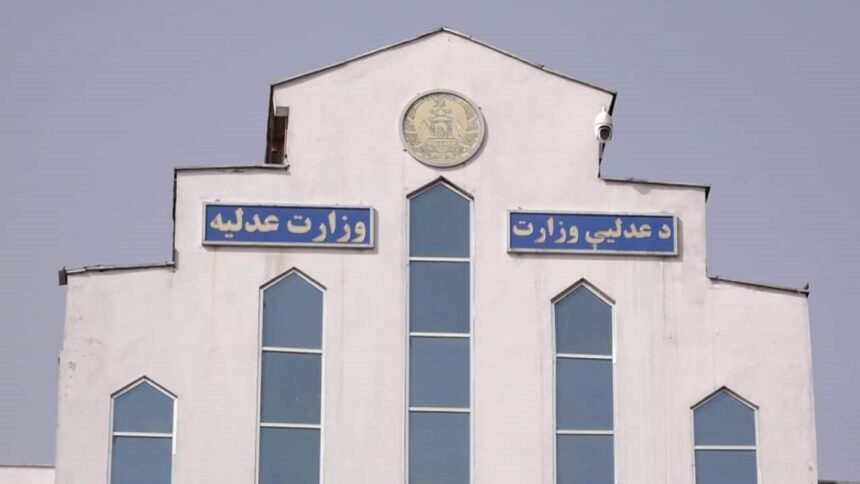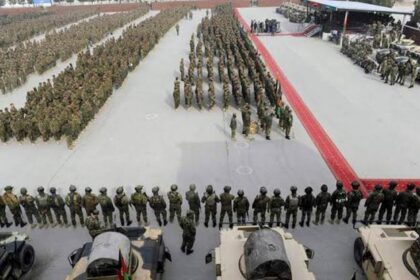RASC News Agency: The Ministry of Justice under Taliban rule has formally announced that the group’s leader has ratified a law titled the “Law on Contracting by Emirate Ministries and Departments.” According to the statement, issued on Saturday, September 6, the legislation ostensibly prohibits ministries and state departments from awarding contracts to companies affiliated with Taliban members or their associates. The law is structured into two main sections, four chapters, and forty articles, detailing the procedural framework for contracts between Taliban authorities and private enterprises. It also emphasizes the preservation of public assets, procurement of goods at fair prices, adherence to construction standards, and prioritization of “trustworthy, honest, and upright” businesses. The Ministry of Justice stated that the law has been officially published in the group’s gazette.
However, experts in law and economics express deep skepticism regarding its effectiveness. Analysts argue that Taliban decrees are rarely enforced in practice, and officials often exploit their positions to engage in opaque financial dealings, preferential contracts, and unregulated infrastructure projects. Local residents and sources confirm that, in reality, companies linked to Taliban members continue to receive preferential treatment, reinforcing corruption, monopolization of trade, and irregularities in development projects. Reports indicate that in multiple provinces, private lands have been illegally expropriated under the guise of state ownership, with Taliban members constructing private residences and commercial facilities on these properties.
Legal observers warn that the combination of concentrated power, lack of transparency in contracting, and misuse of public resources threatens to exacerbate economic instability and fuel public discontent. While the law superficially promotes accountability and fairness, its implementation remains doubtful, functioning primarily as a political tool to legitimize existing contracts and conceal systemic corruption rather than as a genuine mechanism of governance. Moreover, the law highlights the broader structural failure of Taliban governance: despite nominal regulations, the group continues to operate in a patronage-driven, non-professional manner, prioritizing the enrichment of its members over public welfare. Observers note that such legislation may further entrench authoritarian control and economic inequities, reinforcing a cycle of corruption that undermines state legitimacy and public trust in Afghanistan’s governance.






